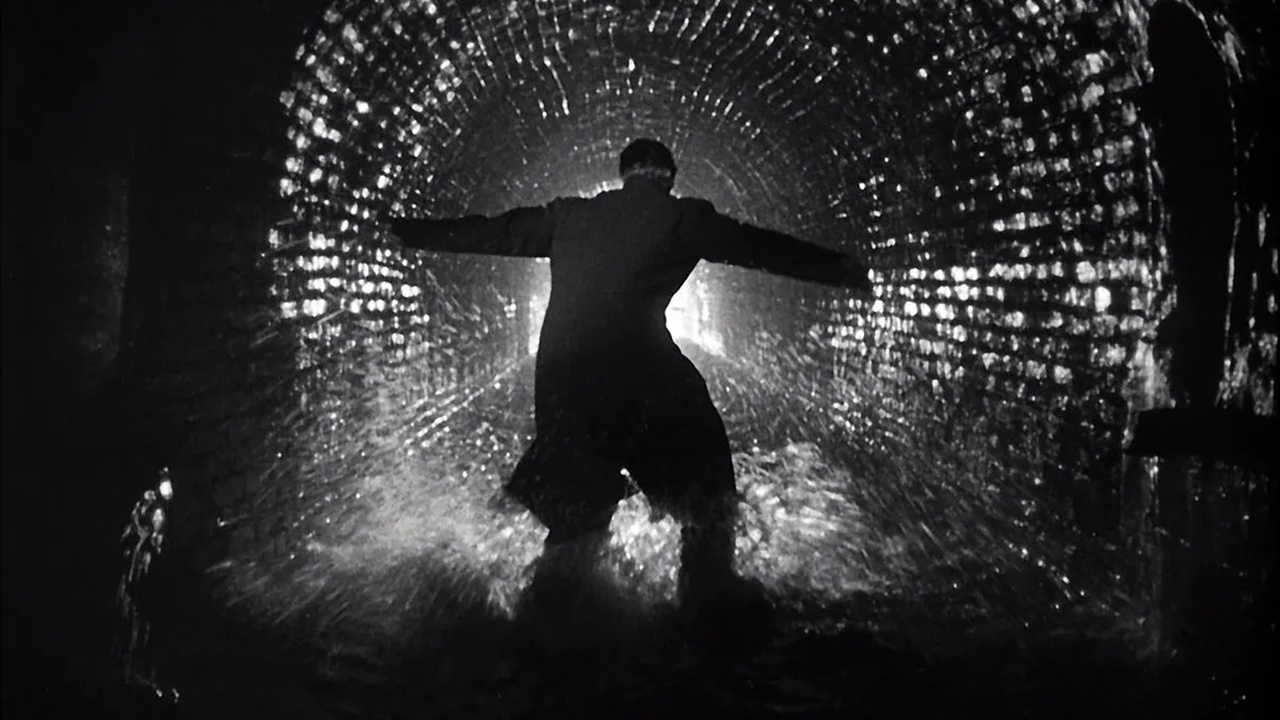Narendra Modi and Justin Trudeau, the prime ministers of India and Canada, have both condemned the violence that broke out at a Hindu temple last Saturday. That is the only common denominator in a diplomatic conflict between India and Canada that has been escalating for over a year and which this incident has inflamed.
It is still unclear what exactly happened. Videos circulating on social media show people beating each other and hitting each other with flagpoles in front of the temple in Brampton, a suburb of Toronto. Indians wanted to celebrate the festival of lights, Diwali, in the temple, including diplomats stationed in Canada. Local police said three men were facing criminal charges over the riots. For disturbing public order and attacking a police officer as well as assault with a weapon and damaging property.
800,000 Sikhs live in Canada – some of whom are terrorists for India
The authorities have not yet revealed who started what, but the investigation is ongoing. That leaves room for speculation, and it quickly spread around the world, from Delhi to Toronto and back. The clashes are just another incident in a dispute between the two countries that is actually about the Sikh minority, who primarily live in India but are a large migrant group in Canada. In the 1960s, many Sikhs came to Canada because the country offered great security and stability compared to their homeland and the immigration laws were liberal. Today around 800,000 Sikhs live there, more than two percent of the population.
Among them are those who support an independent state of Khalistan and who are classified as terrorists in India. In the Indian state of Punjab, where Sikhs are in the majority, there were riots in the 1980s triggered by the Khalistan movement. In 1984, India’s then-Prime Minister Indira Gandhi sent the military to storm the Golden Temple in Amritsar, Sikhism’s holiest site. Thousands are said to have been killed in this operation. Indira Gandhi was assassinated a short time later by her two Sikh bodyguards. So there are historical reasons why the Indian government is sensitive to Khalistan activists.
Who started?
The question that divides both countries, however, is whether the Indian government had any of these activists killed on Canadian soil. On June 18 last year, separatist leader Hardeep Singh Nijjar was shot dead outside a Sikh cultural center in Surrey, British Columbia. Canadian Prime Minister Justin Trudeau tried to address his Indian colleague Modi about the incident at the G20 meeting in Delhi – without success. A short time later, Trudeau informed Parliament in Ottawa that there was “credible information” linking Indian government officials to Nijjar’s assassination. People in Delhi were outraged.
Since then, diplomats from both countries have been summoned and expelled from the other country. Trudeau was showered with malice in the Indian media, which has largely fallen into line after more than a decade of Modi’s government. Just last week, six Indian diplomats in Canada had to pack their bags again. Ottawa is now accusing the Indian government of waging a widespread campaign against Sikh separatists in Canada, Reuters reported on Tuesday. Delhi denies this.
Indian Prime Minister Narendra Modi instead issued a strongly worded statement on social media channel X on Monday: “I strongly condemn the deliberate attack on a Hindu temple in Canada. Equally appalling are the cowardly attempts to intimidate our diplomats,” the Indian prime minister wrote. “We expect the Canadian government to deliver justice and uphold the rule of law.” The Indian government responded to the recent expulsion of its diplomats by expelling six Canadian diplomats.
The North American-based activist group “Sikhs for Justice” claimed on Sunday that the pro-Khalistan Sikhs had demonstrated peacefully and “were violently attacked by a group of Indo-Canadians.” Indians are also a large migrant group in Canada, numbering around two million. It may no longer be possible to clarify who exactly started what. Just like the question of who killed Hardeep Singh Nijjar in June 2023.


